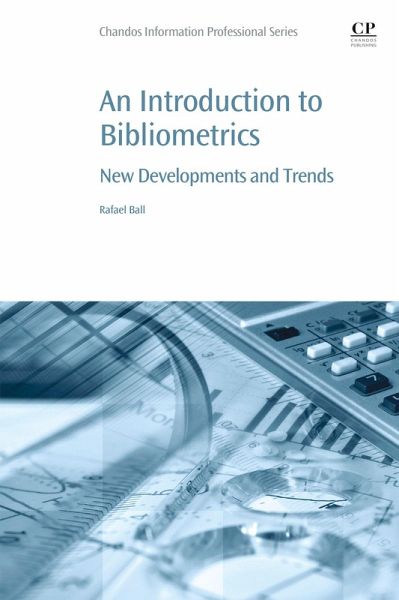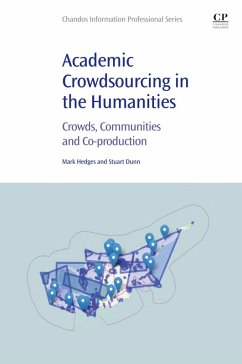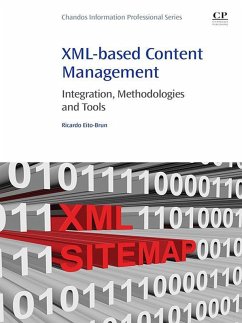
An Introduction to Bibliometrics (eBook, ePUB)
New Development and Trends
Versandkostenfrei!
Sofort per Download lieferbar
53,95 €
inkl. MwSt.
Weitere Ausgaben:

PAYBACK Punkte
27 °P sammeln!
An Introduction to Bibliometrics: New Development and Trends provides a comprehensible, readable and easy to read introduction to bibliometrics. Importantly, the book surveys the latest developments of bibliometrics (such as altmetrics, etc.) and how the field is likely to change over the next decade. In the literature, bibliometrics is generally discussed from one of two perspectives: (1) Purely mathematical/statistical or (2) Its sociological implications. Both approaches are very far from how most users want to apply bibliometrics. This book fills that need by providing tactics on how bibli...
An Introduction to Bibliometrics: New Development and Trends provides a comprehensible, readable and easy to read introduction to bibliometrics. Importantly, the book surveys the latest developments of bibliometrics (such as altmetrics, etc.) and how the field is likely to change over the next decade. In the literature, bibliometrics is generally discussed from one of two perspectives: (1) Purely mathematical/statistical or (2) Its sociological implications. Both approaches are very far from how most users want to apply bibliometrics. This book fills that need by providing tactics on how bibliometrics can be applied to their sphere of scientific activity. - Provides readers with an understanding of bibliometric indicators, including their background and significance, classification in quantitative performance, and an evaluation of science and research - Includes an overview of the most important indicators, their areas of application, and where and when they should and should not be used - Discusses future trends in the quantitative performance evaluation of scientific research
Dieser Download kann aus rechtlichen Gründen nur mit Rechnungsadresse in A, B, BG, CY, CZ, D, DK, EW, E, FIN, F, GR, HR, H, IRL, I, LT, L, LR, M, NL, PL, P, R, S, SLO, SK ausgeliefert werden.













